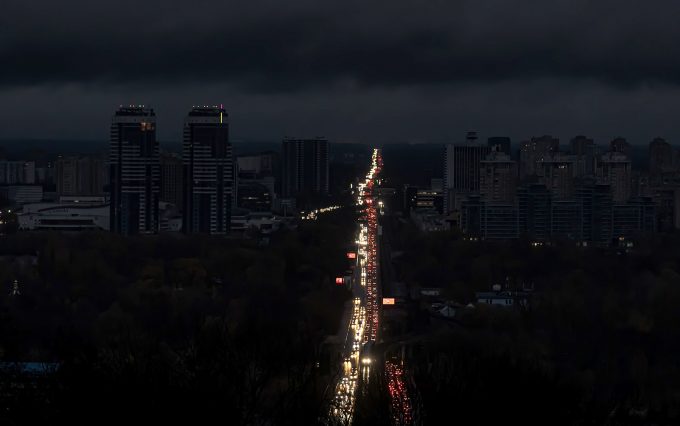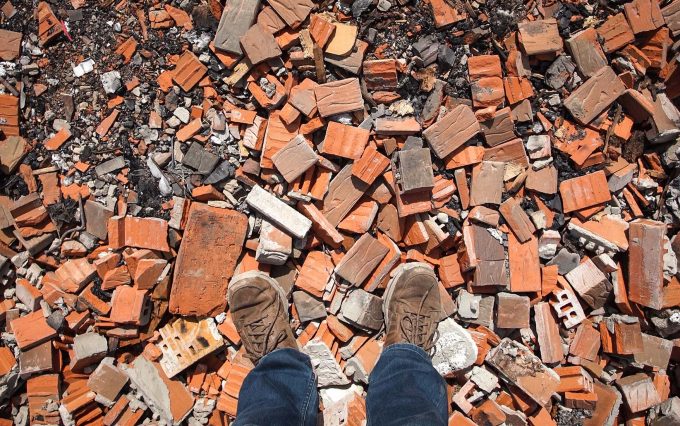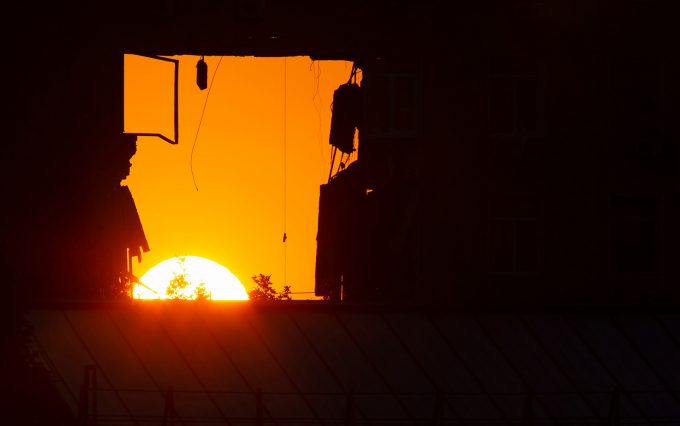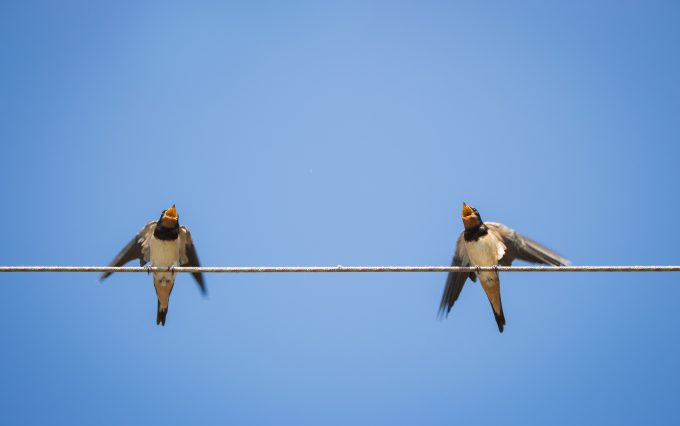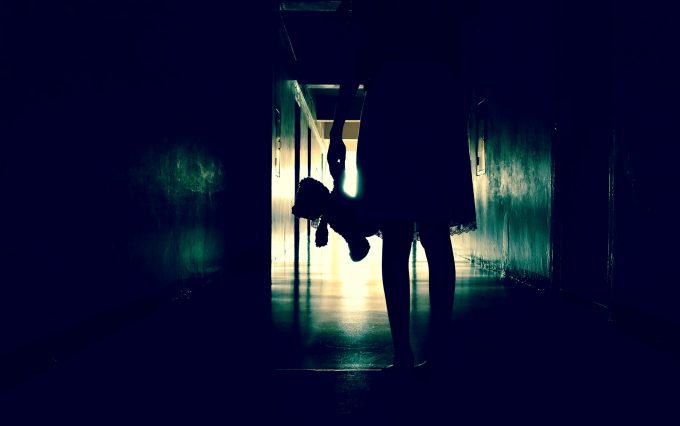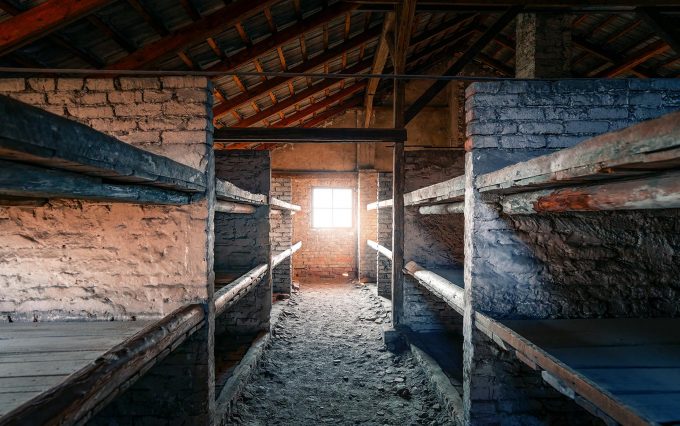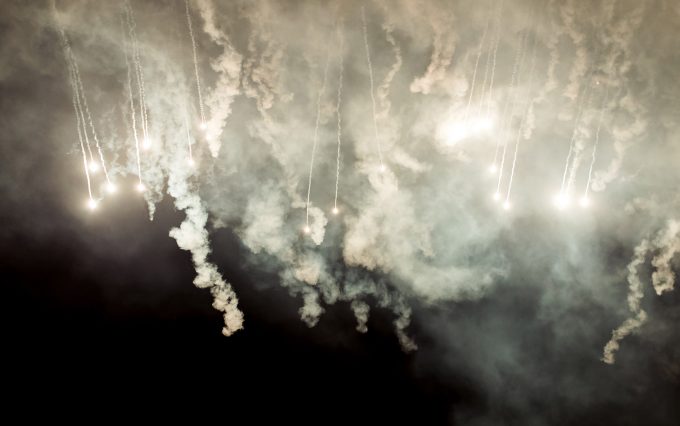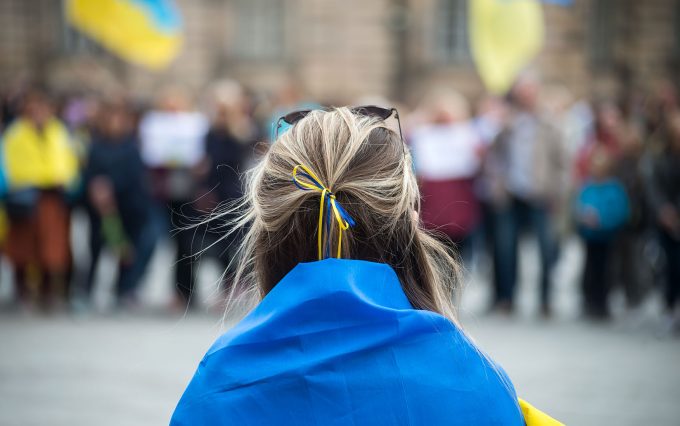#ukrainianpoetry
In this poem by Ukrainian poet Iya Kiva, a “refugee-person” offers a self-definition that is as violent and sorrowful, as it is defiant and elusive.
The Ukrainian poet Kateryna Kalytko considers the trust required to rebuild on unsteady ground, in a world between stages of renaming.
In this poem by Ukrainian poet Marjana Savka, we find the call for a realist God who fights, protects, and permits us to not forgive.
In this poem by Kateryna Kalytko, at a time of destruction, the Ukrainian poet marvels at the simplicity and the nobility of language.
In this poem, on a train winding through a burnt world towards longed-for shelter, an adult pleads to a desperate child to hold their teddy, to not cry.
A poem by Ukrainian poet Iya Kiva in Katherine E. Young’s translation.
In this poem by Kateryna Kalytko the Ukrainian poet rediscovers words, naming objects as a means of self-preservation, entering a shelter of language.
In this long poem by Ukrainian poet Iryna Shuvalova, language is found empty and ineffective, and the poet still more powerless than before.
Citing martyrology, Celan, and Sachs, Olesya Khromeychuk & Uilleam Blacker ask, how can faith, hope, and love live in a space of pain? Can poetry speak of atrocity?
